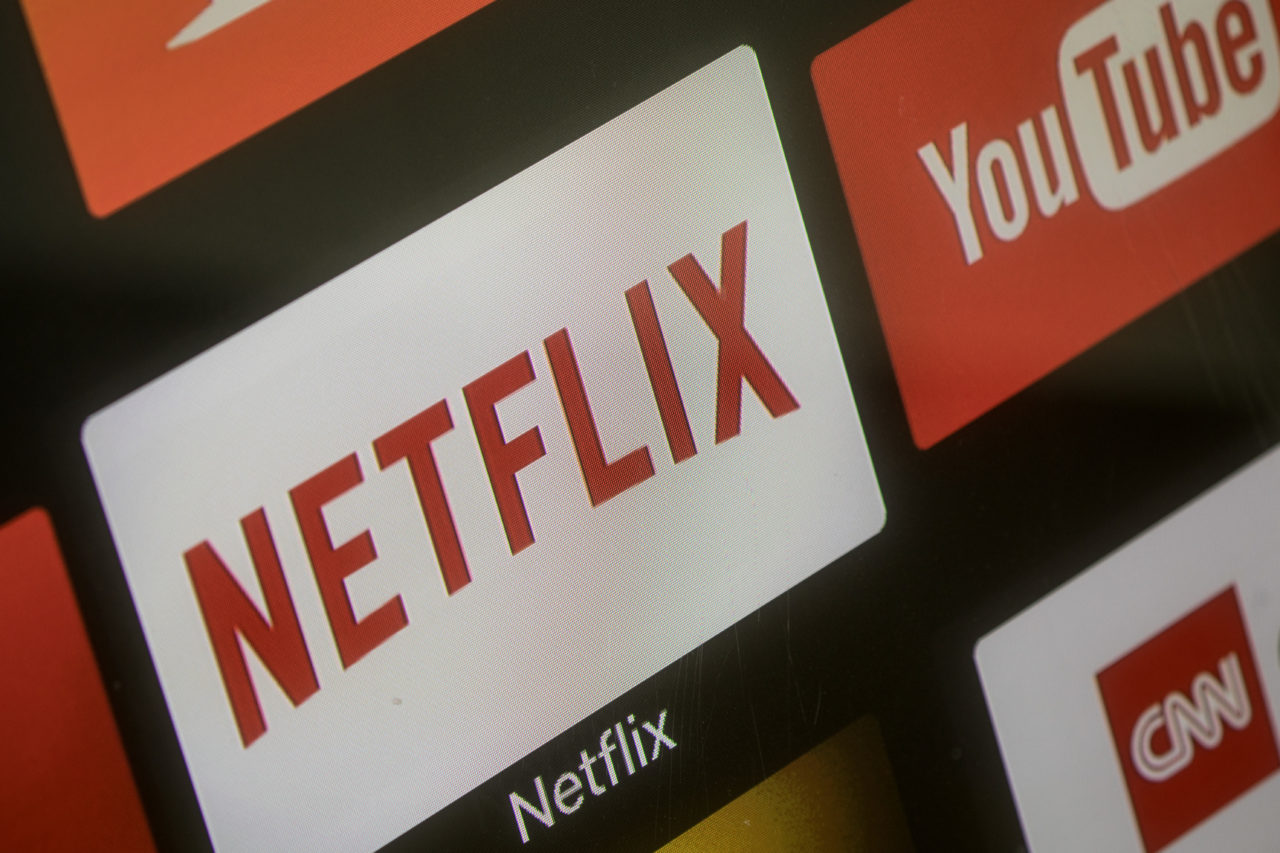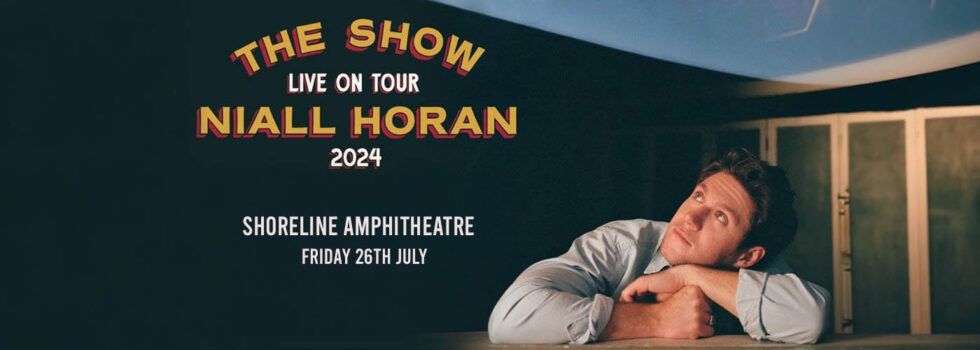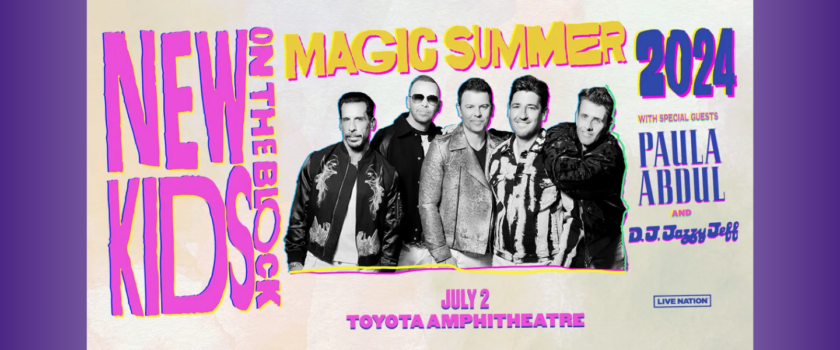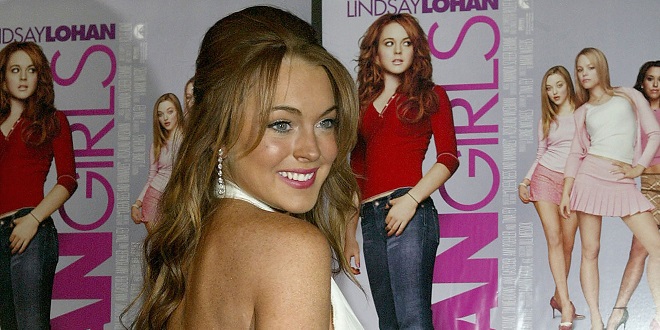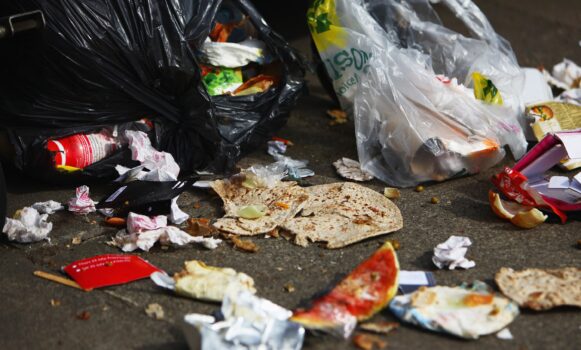A ‘Cloud Tax’ On Streaming Services
There’s an interesting and frustrating tax on streaming services in one city, and it just won a big legal battle to remain in place.
By nowproducerdave on May 31, 2018
Many of us subscribe to Netflix, Hulu, or some other streaming service. We probably like the much cheaper option over cable companies, or perhaps we just want more content. More content is always good, and Netflix is cheap enough to be a viable option. But what if there were an additional tax on streaming services? Read the short version at the bottom of this article.
Chicago has just implemented a “cloud tax.” The cloud tax is a 9% tax on top of streaming services. The cloud tax includes things like Netflix, but it also includes streaming music, TV shows, and even playing video games online. Amazon Prime services, Hulu, Crackle – all of them are included. So now instead of paying $10.99 per month (Netflix), for example, we have to pay almost $12. This is just a Chicago thing (for now), in addition to another tax they have there. The “amusement tax.” The cloud tax was actually introduced back in 2015, but we’re talking about it now because it just went through the court system.
People were criticising the cloud tax and challenging to get it removed. Plaintiffs in the case challenged the tax on several big issues they felt it violated. They argued that it violated the federal Internet Tax Freedom Act, the United States Commerce Clause, Illinois Constitution, and was basically an abuse of “taxing power.” Moreso, the “amusement tax” was applied “unfairly” to people who stream, and argues that it was actually discrimination. The city argued that streaming at home is not at all the same thing as seeing a live performance, or experiencing a carnival ride or attraction. The court determined that the tax is justified and the case was dismissed, leaving the cloud tax in place.
Long story short, in 2015, Chicago introduced a tax on streaming services. Some people were upset and took Chicago to court. The courts determined that the tax was fair based on the products and services provided by the city, and the tax stands. See a lot more on the tax, and I mean a LOT more, here. This doesn’t mean it’s going to become a tax everywhere, but it’s just a “what if” sort of story. Though the potential is there for other municipalities to adopt the tax.

